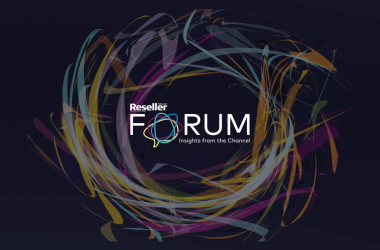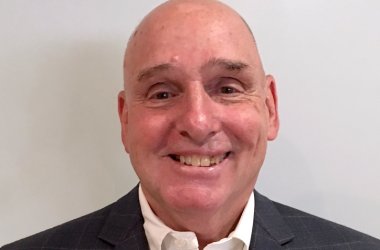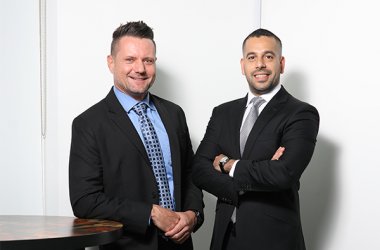
Business people and consumers looking for one electronic device that can take care of all their needs have false hopes, according to researchers at Intel Corp.
But scientists at Intel’s research facility in Pittsburgh say they do expect that personal devices will one day become … well, much more lovable.
Genevieve Bell , an Intel Fellow and director of user experience, explained that an all-in-one device — that includes a phone, an Internet connection, a pager, a camera, a calendar, a GPS system and other capabilities — probably couldn’t do anything exceptionally well.
And, she added, if a person lost the device that did all those tasks, he or she would have a really bad day.
"I’m not sure any device can carry all that weight," Bell told Computerworld in an interview at the Pittsburgh lab. "I would love to get to a world where I only have one device. Your handbag would weigh less. But it would just never work. I think we’ll actually have more devices."
Bell said that replacing laptops, smartphones, pagers and other everyday systems with a single device simply is too much convergence.
"Thinking we’ll have one device that does everything is like our fetish with having paperless offices," she added. "It’s jut not going to happen. The problem with convergence is we converge around the object and not the experience. As human beings, we are never just one thing. We are employees. We are partners. We are children. We are members of churches and social groups. We’ll need different devices for different things."
Intel CTO Justin Rattner added that while there likely won’t be an all-in-one device, new more personalized systems should be emerging from development labs soon.
"It’s going to be about getting devices that know me," said Rattner. "That’s something we think is really important. My phone doesn’t know any more about me today than it did the day I got it. Think of the calendar in your phone as a soft sensor. The device should understand [from items posted in its calendar] what my day is like and whether I need vehicle navigation or I need to read something before an important meeting. [The cell phone] has all this information and it still doesn’t do all that much for me."
Rattner said he looks forward to a time when an embedded camera in cell phones can recognize the owner, and whether someone else tries to use it. He also expects that next-generation phone will recognize traffic jams on his work route and then send an alert that he needs to leave early and provide alternate routes.
" Devices need to become more like personal assistants," he added. "They need to become more assertive. That’s one way these devices will become more lovable."
Andrew Chien, vice president of research at Intel and director of future technologies research at Intel Labs, said he wants to one pick out the devices he’ll need for the day much like he picks out his clothes.
"One of the reasons why we have mixed feelings about our devices is that they should be more like my wardrobe," he explained. "I go to the closet and pick out my clothes. We’re going to get to a world where people can pick the best device for whatever function without worrying about them working together. I should have the best devices and know they’re going to work together."
All-in-one devices can’t be expert at anything — and can be lost, Intel execs say





